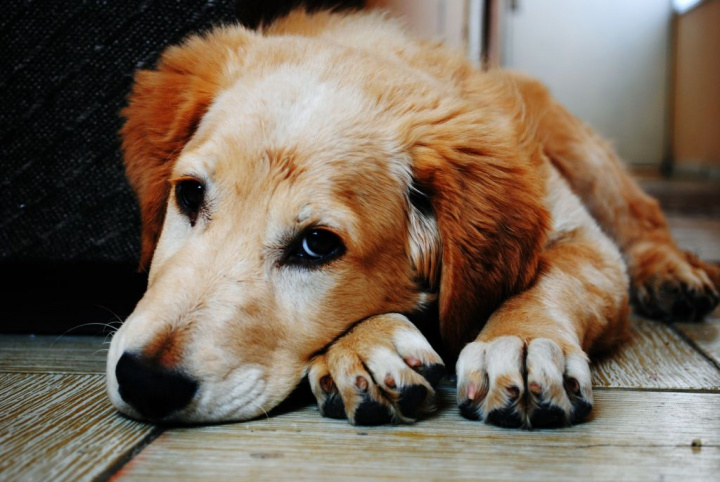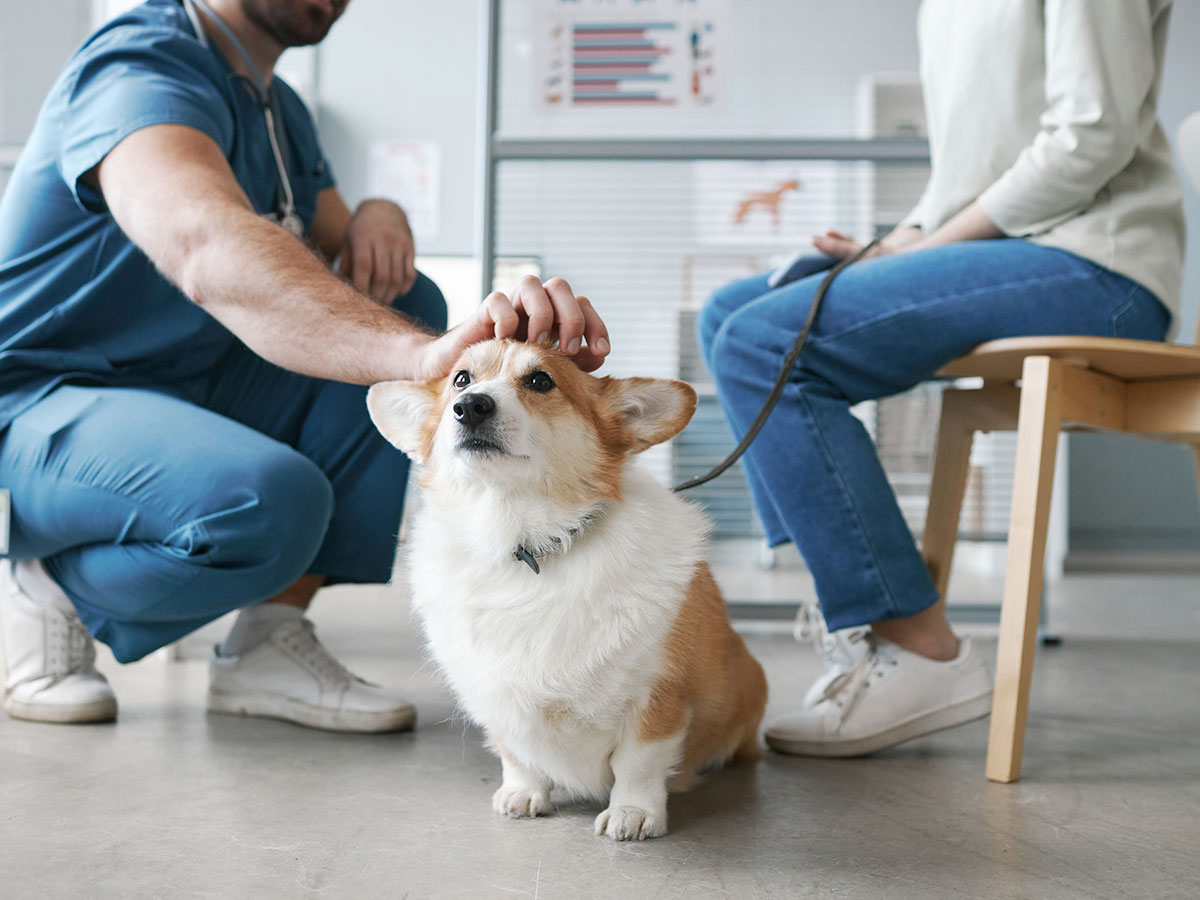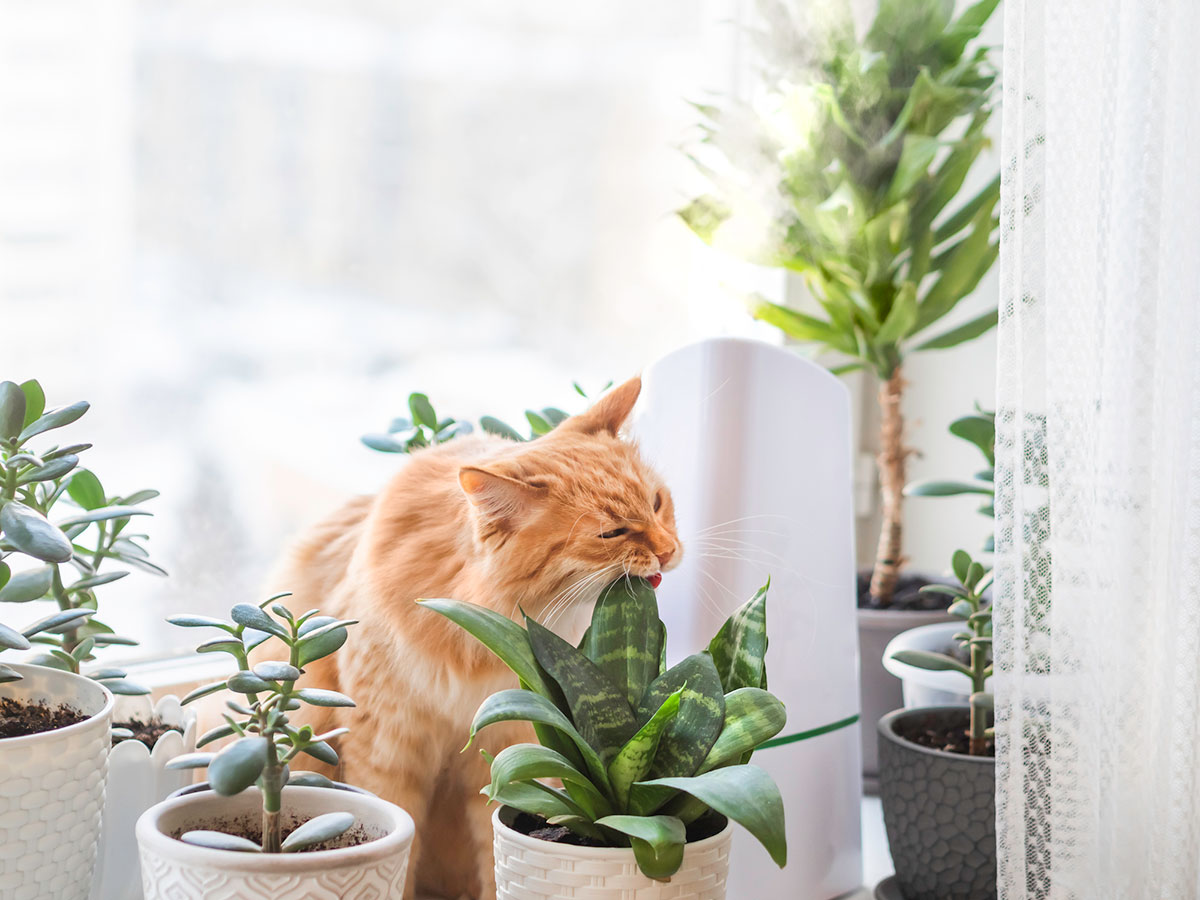Leptospirosis is a potentially fatal disease caused by a bacteria that can infect both dogs and humans. The bacteria is usually spread in the urine of rats, mice, native rodents and other animals such as possums. It is often more of a problem in the wet season as it can survive for months in the environment where there is stagnant or slow moving warm water. Infection occurs either through contact with urine from an infected animal or from contaminated water or soil.
Dogs who become infected may not show signs of disease but in many cases will develop kidney and liver failure or severe inflammatory disease causing fatal damage to multiple internal organs. The bacteria can persist in the kidneys and be passed in the urine for days to months if not treated appropriately. People who are exposed to infected dogs can also become infected and suffer from flu like symptoms, kidney failure, liver failure and meningitis.
The signs to watch out for are lethargy, poor appetite, vomiting, diarrhoea, jaundice (yellow gums, eyes, skin), abnormal amounts of urine, fever and bleeding on the gums. While the disease can be treated with supportive care (hospitalisation on intravenous fluids) and antibiotics, not all cases survive and permanent damage to the kidneys and liver can occur.
In Townsville, cases of leptospirosis are most likely to be associated with the Australis serogroup of Leptospira and usually occur in dogs who have been in areas such as cane fields where there tend to be higher rodent populations.
Fortunately a vaccination is available to protect against infection with Leptospira Australis and if your dog is likely to be at risk, we recommend a course of 2 vaccinations given 4-6 weeks apart. A single annual vaccination is then given each year to maintain immunity. Please talk to us about whether your dog needs protection against Leptospirosis.


